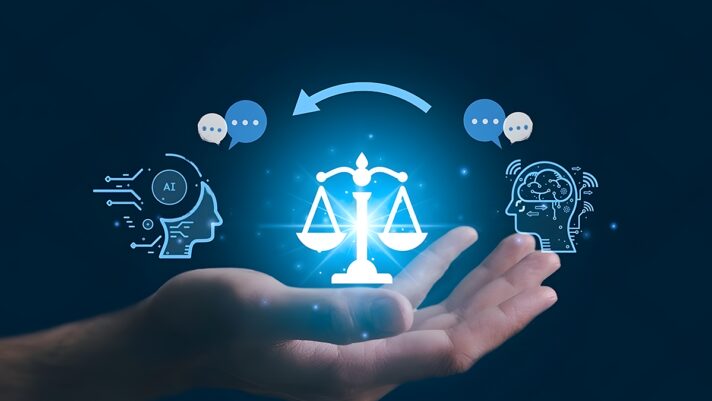An international human rights non-governmental organisation working for the promotion and protection of fundamental rights and the establishment of the rule of law, Avocats Sans Frontieres France (ASF) has trained judges and lawyers on respect and protection of rights of Internet users.
The human rights group also known as Lawyers Without Borders held a two-day training to sensitise lawyers and judges of the Lagos High Court on the application of e-rights.
The two-day programme was organised by ASF in Ikeja, Lagos, with support from the European Union, the United Nations Educational, Scientific and Cultural Organisation (UNESCO) and other partners, like the Centre for Technology and Development (CITAD) and Spaces for Change (S4C), aimed at presenting and reflecting on protection mechanisms and online security tools protecting freedom of speech in digital space.
Emphasising its importance, a board member of ASF, Ivan Paneff, noted that the use of mobile phones, laptops and computers to communicate, though new and commendable, could be negatively used.
According to him, it could also be used to abuse the rights of the people, with bad intentions, and to win money in an illegal way.
He explained that the training was to reflect on the Nigerian legal framework for the promotion of freedom of speech on the Internet for all and identify gaps.
Paneff said it was also to improve understanding and reflect on European laws and international standards protecting freedom of speech in the digital space.
He stressed that the initiative, which will be replicated in other states, will also identify the principles and rationale behind European laws and international standards protecting freedom of speech in the digital space and how they are applied.
Also, an intellectual property lawyer, Hanna-Marie Borten-Guary, stressed the need to protect the rights of people in the digital space in the same manner it is done in the real world.
“In this new world, we have to protect and exercise the same rights that we protect and exercise in the real world.
“It means that when we discuss human rights, we discuss in the same way that we discuss it in our day-to-day life.
“But to fight against this abuse of rights, we have to develop new processes of protection, new activity, and how best to achieve that purpose.
“We must also learn how to educate the citizens and the legal practitioners concerning the defence of digital rights,” she said.
In his remarks, the chief judge of Lagos State, Justice Kazeem Alogba, represented by Justice Rahman Oshodi, said the timing of the training could not be more appropriate, especially in the light of recent developments in the digital rights landscape.
He stated that the Federal High Court in Abuja delivered judgment in the case of Akosa v. Eat & Go Ltd., the operators of Domino’s Pizza on February 18, 2025, to set a precedent for the protection of data privacy rights.
According to him, this judgment represents a significant advancement in our digital rights jurisprudence as the court gave full effect to the Nigeria Data Protection Act 2023.
“The court ruled that the respondent’s use of the applicant’s data for marketing purposes was unlawful and in violation of section 37 of the 1999 Constitution and Sections 25 and 26 of the Nigerian Data Protection Act.
“Justice Emeka Nwite awarded the applicant, N3 million upon establishing that the restaurant sent him direct unsolicited marketing messages via his phone without his consent.
“While compensating Akosa for the breach of his fundamental rights, he also issued an order directing the firm to permanently erase the applicant’s data from its systems and to cease all unsolicited direct marketing communications.
“The case demonstrates the complex legal questions our digital revolution has partially raised. Daily Nigerian space challenges involving data privacy, freedom of online expression, digital identity protection, cybercrime and intellectual property in the digital realm all require careful judicial consideration.
“The e-Rights Project recognises that for digital rights to be effectively protected, those entrusted with interpreting and assigning law must possess a comprehensive understanding of the digital ecosystem and the right framework that governs it,” the CJ said.
Justice Alogba noted that Nigeria has made significant progress in establishing a legal framework that addresses digital rights.
According to him, the Nigeria Data Protection Regulation and the Cybercrime Act, and its sections of the Constitution, such as freedom of expression, privacy and access to information all form part of this evolving framework.
The judiciary, he said, plays a pivotal role in the advancement of digital rights through the interpretation of existing laws in the light of digital realities.
Others, he explained, include balancing interests such as security consent against private rights, and developing jurisprudence that acknowledges the unique characteristics of the judicial enthronement.
In this article

